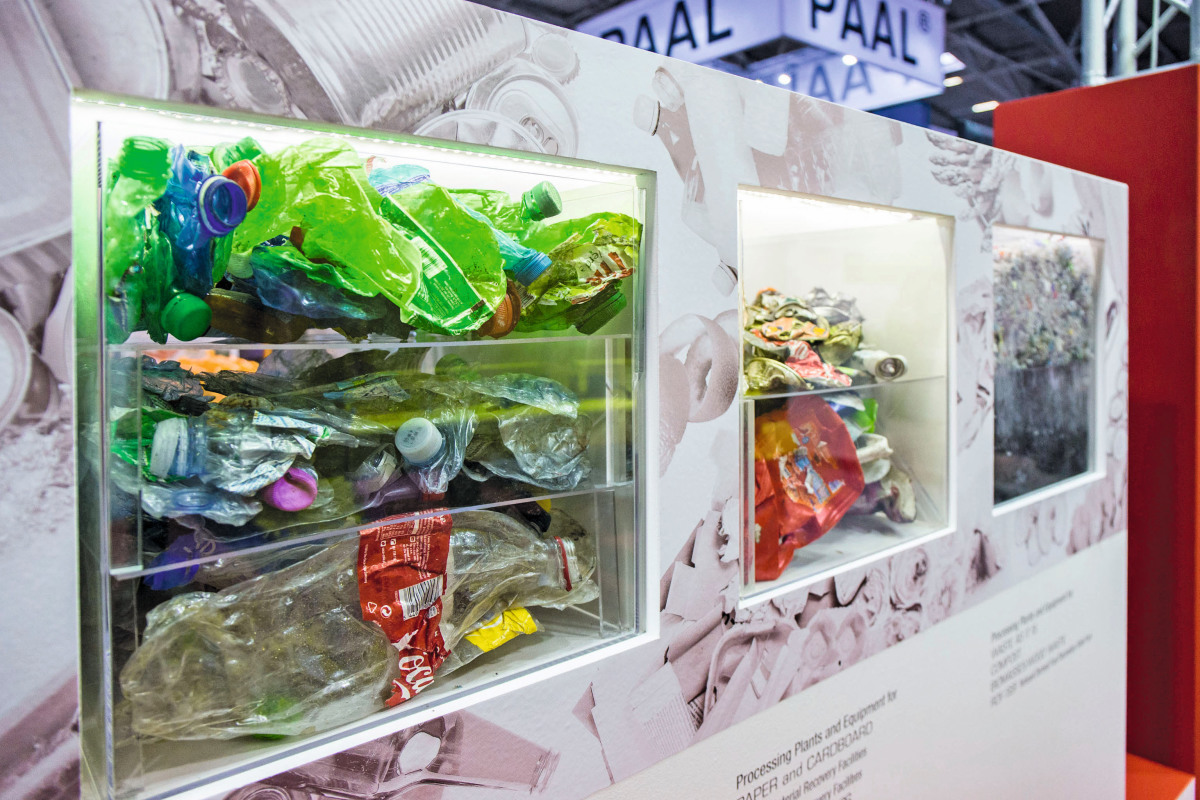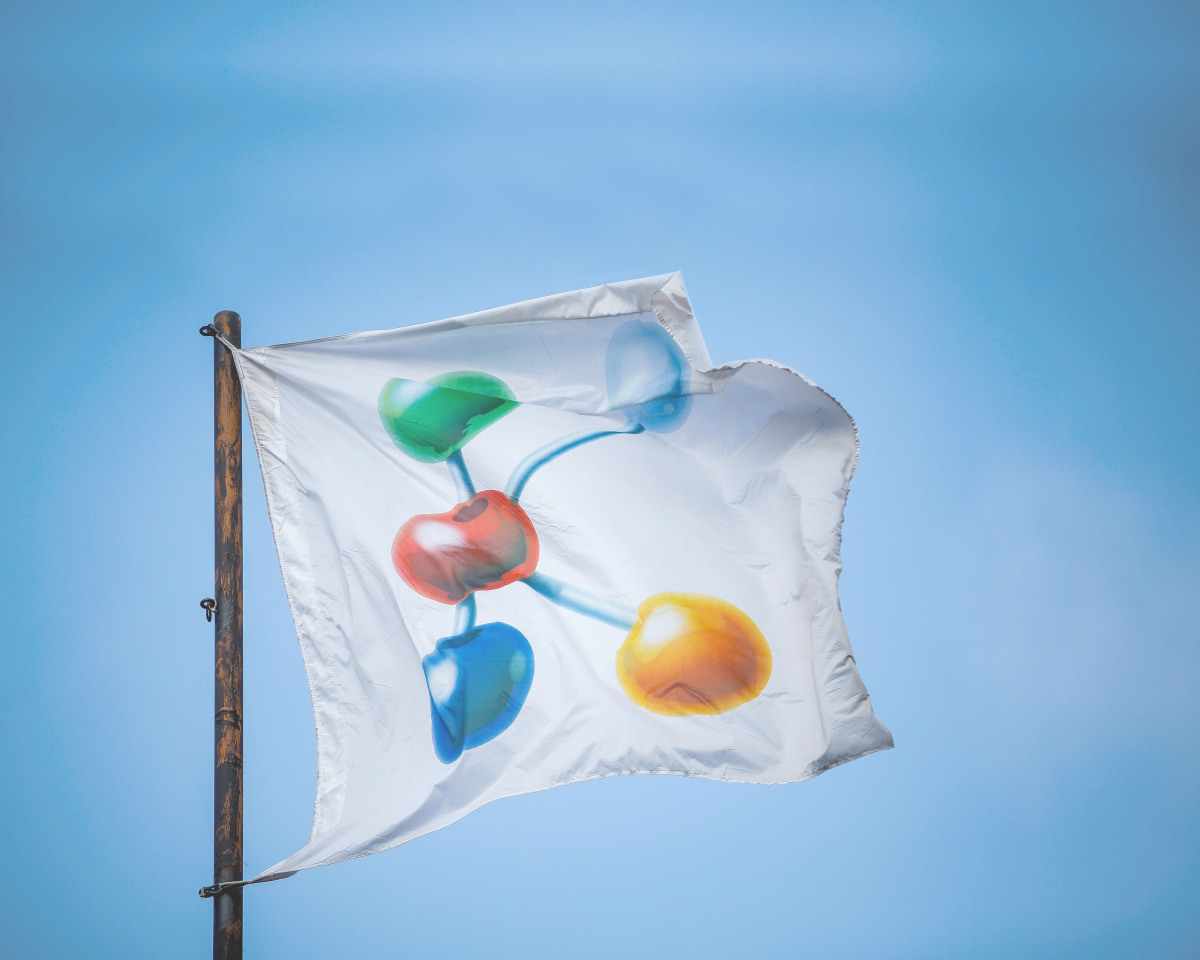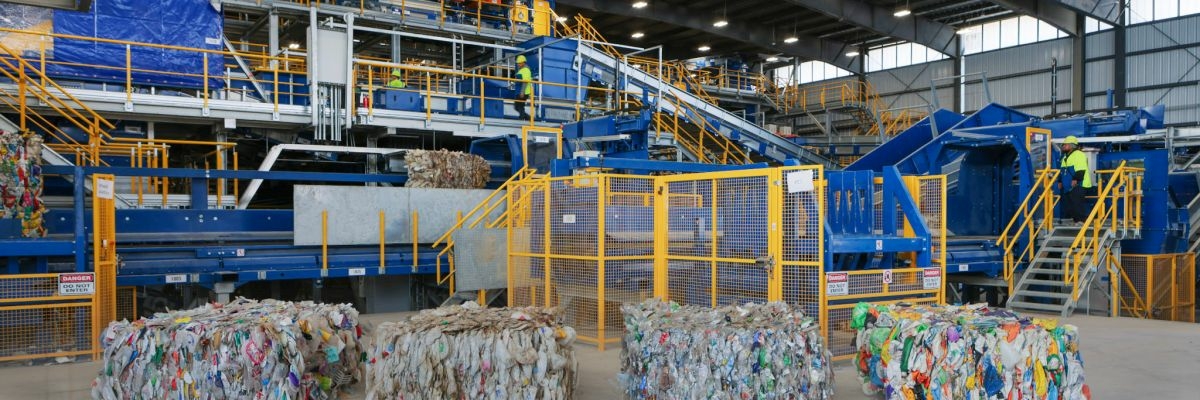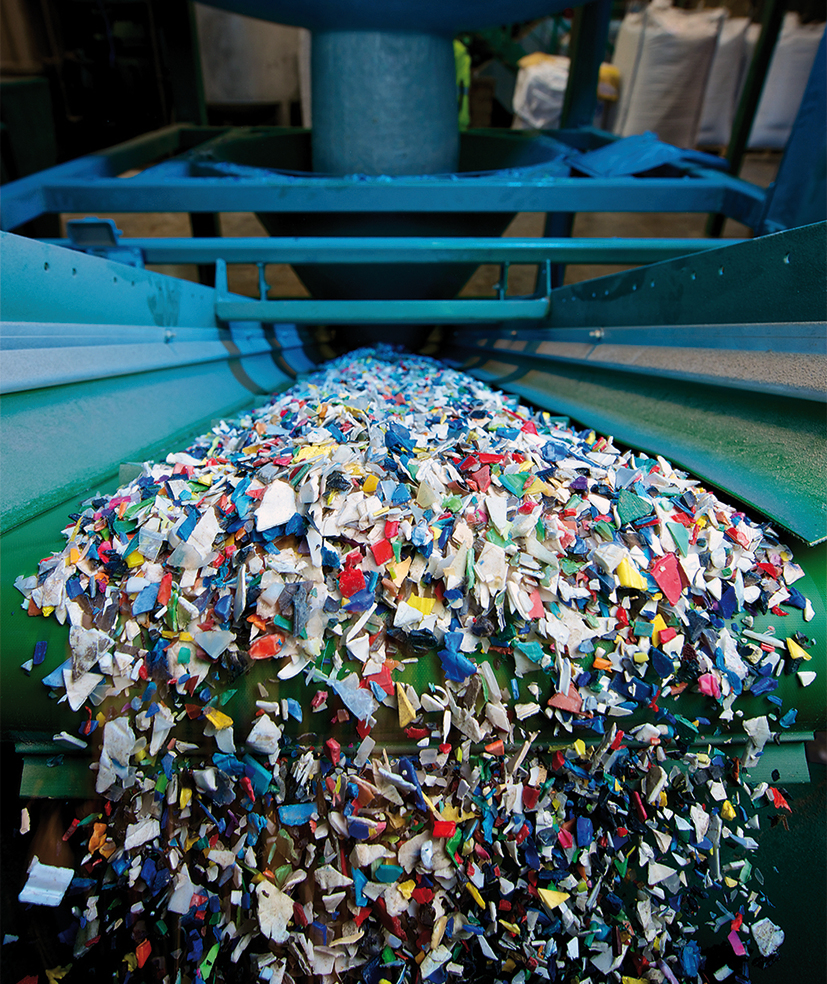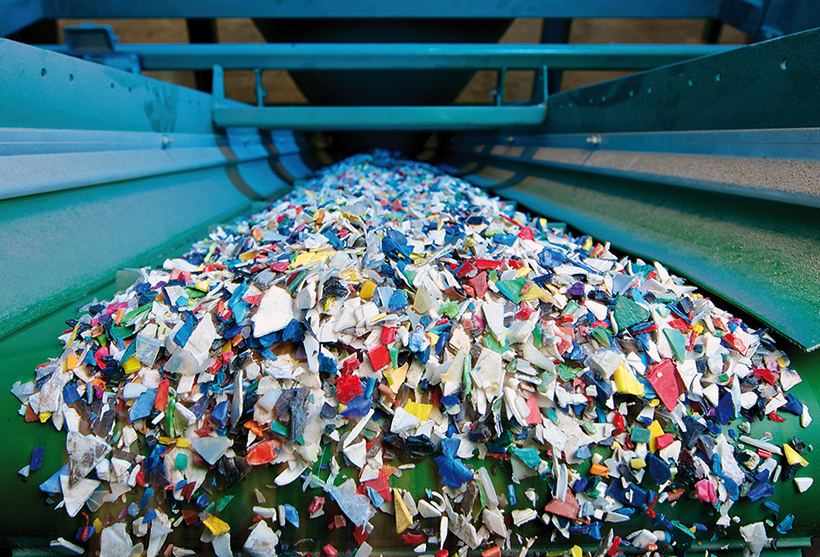MOL Group expands recycling activities
12.04.2022MOL Group acquired ReMat Zrt., a recycler with production plants located in Tiszajváros and Rakamaz/Hungary, and a logistics hub in Bratislava/Slovakia. ReMat is a market leading plastics recycler in Hungary with an annual processing capacity of 25 000 tons and almost 200 employees. The transaction fits into MOL’s portfolio and its goal to become a key player in the low carbon circular economy in Central and Eastern Europe.
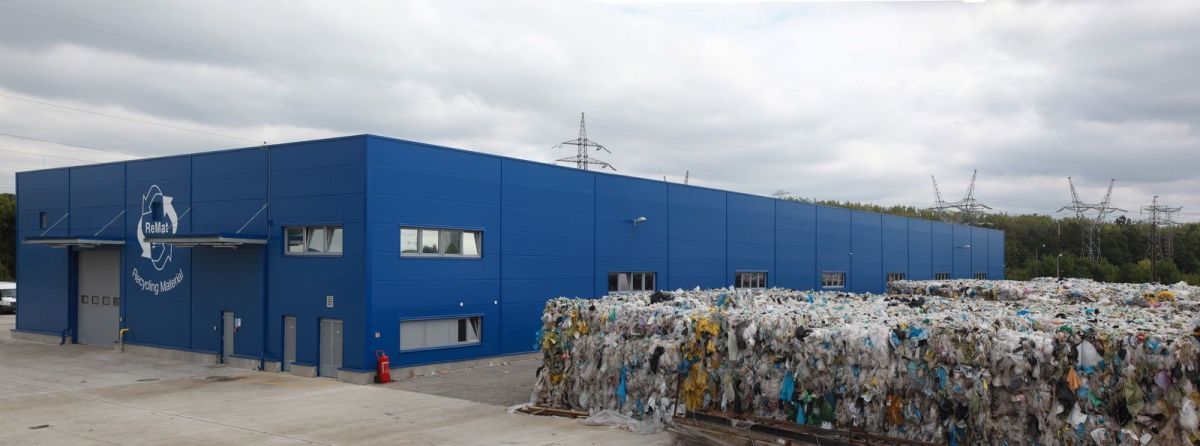 ReMat
ReMat
© MOL Group / ReMat
ReMat is Hungary’s market leader in plastics recycling, using plastic waste from communal and industrial sources. The company prepares a wide range of polyethylene and polypropylene regranules and tailor-made products. ReMat has automatic selecting system, cleaning and regranulating equipment from leading manufacturers that can process up to 25 000 tons annually. With this acquisition, MOL will be able to develop tailor-made virgin and recyclate solutions to fulfill the ever-increasing demand of its customers for circular materials.
MOL Group launched its “Shape Tomorrow” 2030+ Strategy in last February, fully integrated with a new sustainability strategy, and started to act already to deliver on it. One of the main pillars of the Strategy is integrating circular economy in MOL’s operation, the company will spend USD 1bn in the next 5 years on new circular economy and green projects. Waste integration and utilisation is a key element of the new sustainable approach.
"We need plastic for our everyday life, plastic is good, what we don’t like is untreated plastic waste that is polluting the planet. MOL has started to invest in the circular economy, because we all want to live in a better environment; and for that we need more recycled goods. In addition, there is an increasing need from our customers for recycled material so good cause meets here with good business opportunities. With that in mind, in the last couple of years we started to build a strong portfolio around recycling. And we won’s stop here: for a net zero economy, we also have to use all kinds of waste as a resource, in a much more clever way than how we do today. Our goal is to become a key player in the low-carbon circular economy in Central and Eastern Europe and this acquisition is a major step towards this fascinating goal,” said Gabriel Szabó, Executive Vice President of MOL Group Downstream.
“We have come a long way since our foundation and are incredibly proud to be a pioneer within Hungary’s plastic recycling industry. Over the last two decades we have invested into state-of-the-art facilities and constantly expanded our processing capacities capable of supporting Hungary’s obligations towards the European Union regarding plastic recycling. We are excited to be joining MOL and look forward to continuing to drive growth for this attractive business,” said László Olasz, CEO of ReMat.
MOL has implemented investments already and it is continuously seeking for the opportunities to grow the share of recycled materials in its product portfolio. In November 2019, the first step was taken with the acquisition of Aurora Kunststoffe GmbH, a recycled plastic-based compounder in Germany. With a total combined annual capacity of 40 000 tons of Aurora and ReMat, MOL can offer a wide range of sustainable compounds and regranulates for the automotive and packaging industries. MOL also entered into a strategic partnership with German company APK, a pioneer in the development of plastic recycling technology, whose solvent based process is capable of producing high-quality polymers from complex plastic waste. Recently, MOL entered into strategic partnership with Swiss Meraxis to forge ahead with the development and production of polyolefin re-compounds in the future. MOL is planning investments in the field of chemical recycling as well and taking serious steps towards further waste-management activities.

